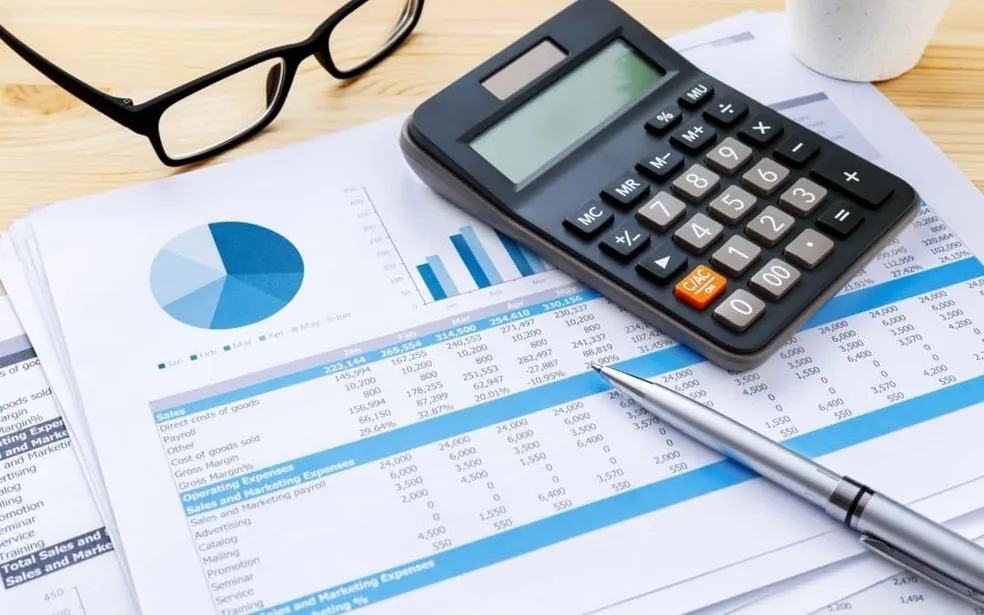QuickBooks software is designed to save entrepreneurs time, money, and effort. However, If you are starting your own business, you may not have the necessary knowledge about how QuickBooks works. So, you need to obtain a QuickBooks training certification that will teach you how to organize ledgers and monitor income and expenditures.
Below are the other benefits of using QuickBooks:
Run Reports
Certified QuickBooks training can help small businesses in creating customized reports. For example, a detailed balance sheet to understand better how much money is owed to different vendors. These reports will be based on your sales, profit, and expenses. So, you can understand the health of your business and plan accordingly.
You can create custom reports with the Reports option if you have a QuickBooks Online Account. You can also export these reports to Excel, or PDF, and print them. These reports can be customized in many ways depending on what information you need. Here are some examples:
You can edit the data shown in a report by changing the filters and headers. You can also choose whether to include a table of contents. If you’d like, you can add comments to your report. You can change the format and title of your report depending on what type it is.
QuickBooks makes it easy and quick to run reports. They can be used for many purposes including business decision-making and management review. They can be customized to meet your needs and store the information in a logical way. You can also create customized reports if you need more information about your company.
If you’re in the customer retail industry, you’ll want to run a Sales report in QuickBooks to track your business’ growth. You can do this by going to the Reports menu on the left side of your QuickBooks window. Look for Sales By Product or Service, or choose Report By Name Field.
Invoices
Invoices are essential to your accounting system; they help you keep track of sales and inventory. So, if you’re a home-based business that sells expensive dinnerware, you’ll need to issue an invoice for each piece of dinnerware you sell. This way, you’ll know which items have sold and which need to be restocked. QuickBooks for small businesses is the ability to create and send that invoices automatically. This way, you can avoid wasting time by manually preparing invoices.
To make invoice production easier and faster, QuickBooks lets you create customized invoice templates. Templates allow you to send more invoices to clients faster and more efficiently. In addition, you can customize your invoices with logos and colors in seconds. You can even set up your invoices to be sent to clients electronically via email. QuickBooks also allows you to take contactless payments using a mobile phone or card reader.
When you create an invoice in QuickBooks, you can edit the date and quantity of the transaction. QuickBooks will automatically generate an invoice number for you, but you can change this number if you want to. Edit the subject and body of your invoice. After you’ve completed your invoice you can either email it or print it.
Invoices created through QuickBooks allow you to keep all the documents in one location. You don’t have to make separate invoice files. It also means that you won’t have to worry about losing any of your receipts or invoices. You can even duplicate existing sales forms for easy access.
QuickBooks invoices are an essential tool to keep accurate records of your transactions. The software allows you to create professional invoices, track payments in real-time, send automated reminders, and even set a timetable for sending invoices. It also provides you with a comprehensive view of your customers and their payment status.
Track Expenses
Small businesses can use QuickBooks to track expenses. This accounting software provides several convenient features, including customized expense settings. With these settings, you can assign costs to customers, mark up purchases, and bill specific items for the client.
With just a click, QuickBooks lets you track your expenses. Different expense categories can be set up for different products and items. In QuickBooks, you can add vendors and invite them to submit expense claims. You can also add notes or memos to all expenses. This feature is much easier than entering receipts manually.
You can record expenses not only for business but also personal. Create a schedule for recording expenses. Then, record them by date and credit card or bank account. An expense can be marked as “billable”. You can also mark an expense as billable to show how much profit and how much money you’ve made.
QuickBooks Advanced allows you to track the expense by customer. This option allows you to enter the customer name and percent markup on the expense. This description will be carried through to the invoice, where you can edit it later. You can also import expenses from corporate cards into your QuickBooks account.
You should create expense categories to track your expenses in QuickBooks. You should make sure that the categories are as specific as possible. For example, a travel category might include car and air travel. You could even add vendors and airlines so you can compare costs and services.
Payroll
Another benefit of using QuickBooks is the payroll. The ability of QuickBooks to integrate with your bank account enables you to keep track of unpaid bills and notifies you if any are overdue.
Tax Preparation
One of the benefits of QuickBooks for small businesses is its tax preparation capabilities. You can prepare tax returns using its Reports, Profit & Loss Standard, and Company & Financials modules.
Tags: QuickBookssmall business


